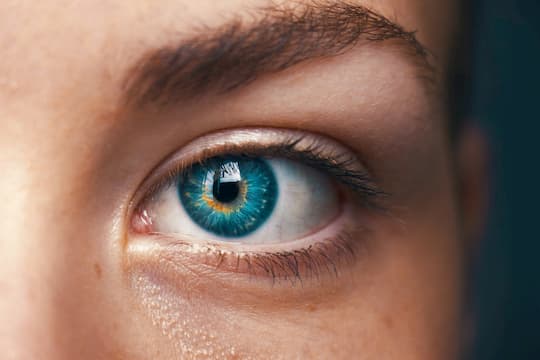Fluid intelligence is the ability to solve problems, apply logic and identify patterns.
Having larger pupils is linked to higher fluid intelligence, a study finds.
Fluid intelligence is the ability to solve problems, apply logic and identify patterns.
It is contrasted with crystallised intelligence, which involves using skills, knowledge and experience.
The differences are visible to the unaided eye, despite the relatively small size of the pupils.
The pupils are the black part in the centre of the eye.
They open and close in response to the amount of light falling on them.
The pupils also respond to how much work the brain is doing and other psychological factors.
The study’s authors explain:
“Starting in the 1960s it became apparent to psychologists that the size of the pupil is related to more than just the amount of light entering the eyes.
Pupil size also reflects internal mental processes.
For instance, in a simple memory span task, pupil size precisely tracks changes in memory load, dilating with each new item held in memory and constricting as each item is subsequently recalled.”
Dilated pupils have been shown to reflect when a person’s brain is overloaded with information, how interested a person is in what is being said to them, whether they are in pain and much more.
Measuring pupils
For the study, 40 people’s baseline pupil size was measured — half were in the top quartile for intelligence, the other half in the bottom quartile.
Baseline pupil size is measured when a person is sitting down, not doing too much.
The authors describe the results:
“…we have shown that large differences in baseline pupil size, even observable to the unaided eye, exist between high and low cognitive ability individuals engaged in a cognitively demanding task and cannot be explained by differences in mental effort.”
The study was published in the journal Cognitive Psychology (Tsukahara et al., 2016).

